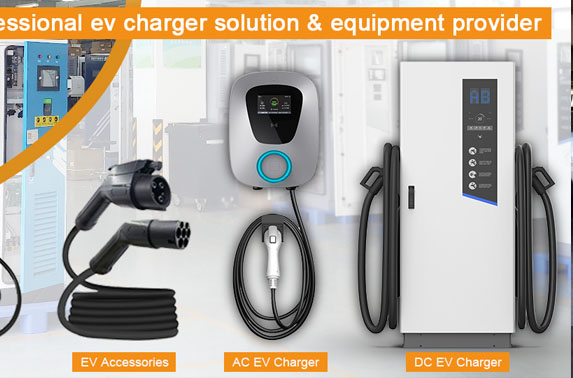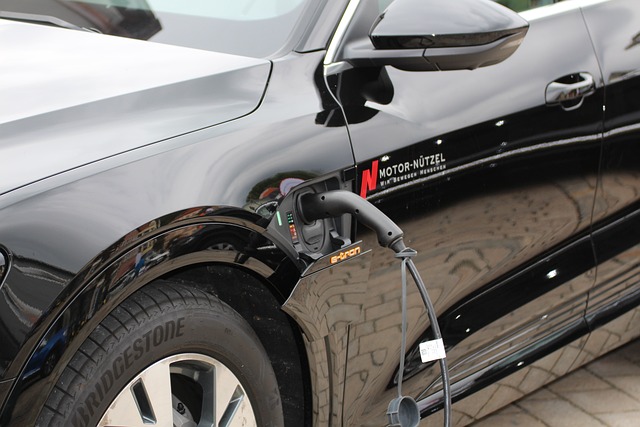
Autonomous cars are certain to be the future. They will be capable of driving themselves through traffic jams, and they won't need to be controlled by any human driver. They will also be able to keep a distance from other vehicles, which will reduce accidents and carbon emissions. Although fully autonomous vehicles are still years away from becoming reality, they have been tested on a variety of roads.
Those looking for a self driving car will have a wide variety of options to choose from. Some models can operate semi-autonomously, while others are fully autonomous. They all offer different benefits and are all designed to help you have a safe and pleasant journey. Which one is best? Here are some top picks.
The Mercedes S500 Intelligent Drive offers a suite of advanced driver assistance features, including Distronic Plus with Steering Assist, Active Lane Keeping Assist, and Traffic Jam Assist. The system uses multiple cameras to see the front and back of the car, as well as oncoming and side traffic. In addition, the car can detect traffic patterns and road markings. The car can alter lanes, brake or accelerate automatically.

Infiniti QX80, the next evolution in semi-autonomous tech, has blind spot warnings, forward crash warnings, adaptive cruise control, and adaptive brake control. The rear view mirror also features a camera. A great alternative is the Nissan ProPilot. It helps you stay in your lane. It will also alert you if it's necessary to remove your hands from the steering wheel.
Tesla's Model S comes with a host of innovative safety features. It includes a radar sensor that can detect through rain and dust. It also comes with 12 upgraded ultrasonic detectors that can detect objects hard up to twice the distance than the original system. It also has a braking function that can be used to maintain a safe distance from other vehicles. These features make it one among the most technologically sophisticated models.
The Honda NeuV second-generation electric car comes with many sensors, including facial recognition. It can also sense emotions and interpret drivers' feelings. It's currently being used in tests, but the company hopes to have production cars ready for sale by 2020. Its autopilot system uses sensors, biometrics, and other technologies to guide you through the roadway.
These models offer many more features. Make sure you do your research before buying. You may be surprised at how much time you can save by having an autonomous vehicle. You can leave the steering wheel and not worry about losing your place or colliding with someone. This is an important feature for people who want to drive in areas with busy traffic, like the highway.

The Infiniti Q50's self-driving technology allows it to navigate itself in a lane. The car has blind spot monitoring and a backup cam. Its automatic parking system is also great. It is intuitively designed and easy to use.
FAQ
What is the difference?
Both are related, but they are not the same. A mechanic repairs cars while an automotive technician does maintenance on them.
A mechanic must be skilled in manual dexterity and able to complete simple tasks quickly. A mechanic should also be able accurately diagnose and repair problems.
An automotive technician requires more technical skills than a mechanic. They must be able and able to read blueprints as well as use tools like drills or wrenches.
They must also be able perform complex procedures safely. They must also be familiar with different types of engines and electrical systems.
They must also be able to understand how various parts interact with each other.
A mechanic typically earns less than an automotive technician. There are many job opportunities in both.
Is it really worth becoming a mechanic.
The answer to this question depends on what you want from life if you are looking for money, then yes, but if you're looking for meaning and purpose, then no.
It's not worth learning mechanics if you don’t have the skills. You'll waste your time. You won't become rich from it. It won't make you famous. It's unlikely that it will change your life.
You'd need to spend years learning how everything works. Also, you would need to hire someone else to fix it if it broke down. Most people avoid doing this. They find something better to do instead.
In conclusion, if money is your main goal, you should go ahead. The mechanic's profession is not the right place for you if it means that you will live a fulfilled life.
Is it difficult to become a mechanic apprentice
It is not easy but it can be done quickly. There are many opportunities for advancement.
You must be patient and persistent. Also, you must know how to fix trucks, cars, and motorcycles.
Customers and family members will put pressure on your shoulders to help you succeed. However, you shouldn't be forced to make difficult decisions.
If you enjoy fixing cars, it could be a great career choice. It is a job you can get a decent salary for and help build your business.
Perhaps you prefer a different route. Consider becoming a technician.
This could involve using your technical knowledge to support other employees. Technicians could benefit from your technical expertise to solve problems or teach new techniques.
Another option is to become an advisor in service. As a service advisor, you will provide assistance and advice to customers as they bring their car to a garage.
Your decision will be based on what your priorities are. There are many options to choose from, and it is up to you which one suits you the best.
Statistics
- There were 749,900 jobs available for automotive service technicians and mechanics in 2016, which is expected to grow by six percent through 2026. (jobhero.com)
- Apprentice mechanics earn significantly less hourly than mechanics who have completed training, with a median wage of approximately $14.50 an hour, according to PayScale. (jobhero.com)
- According to the BLS, total auto technician employment is expected to exceed 705,000 by 2030. (uti.edu)
External Links
How To
How to become an automotive technician
An automotive technician is responsible for vehicle maintenance and repair. He/she can be found at auto shops, garages and service centers. He/she repairs cars, trucks, motorbikes and snowmobiles for customers. An automotive technician must know how to diagnose problems and perform repairs efficiently, safely, accurately, quickly, and correctly.
An associate degree should be obtained from a vocational school if you wish to work as an auto technician. After completing this program, he/she will need to pass the National Institute for Automotive Service Excellence's (ASE) certification exam. ASE stands to American Society of Mechanical Engineers. There are two parts to the ASE certification exam. The first section tests the ability to use mechanical knowledge. The second section tests the ability to apply practical skills. You will need to attend an authorized testing site in order to pass the test. These locations can be found online, or by contacting your local car dealer.
A candidate must pass the state exam after passing the test to become an automotive technician. This process is different depending on where you live. For example, some states require candidates to attend a training course, while others allow them to study independently. In addition, some states license technicians immediately after they receive their license, while others wait until they have completed at least six months of employment as an automotive technician.
A person must apply to an auto dealership in order to get started as an automobile technician. Once hired, most new employees start out working as apprentices. Apprenticeships typically last three years. Students learn basic repair skills such as changing oil and adjusting brakes, changing tires, cleaning spark plugs and inspecting engine compartments. Advanced repairs can be done by some students, including replacing shocks, installing air filters and repairing engines. Classes are offered by most schools during regular business hours. Some schools offer evening classes, however.
Once a student completes his/her apprenticeship, he/she becomes a journeyman. Journeymen generally spend four- to five decades learning how to fix major systems like transmissions. They learn how to do complex repairs such as remanufacturing engines, rebuilding transmissives, and troubleshooting electronic components. Because they have a good understanding of the job and what customers expect, many employers prefer to hire journeymen.
A candidate who passes all the necessary exams and gets a license might be interested in opening his/her own business. According to Bureau of Labor Statistics (2010), almost 1.7million automotive mechanic jobs were on the market. The Bureau of Labor Statistics predicted that this number would rise by 18% from 2009 to 2020. Candidates who decide to open their own business should be prepared to invest thousands in equipment and supplies.
The salary for an automotive technician depends on several factors, including the type of employer, location, education level, and experience. A jobless person could make an average of $20,000 annually. A person with only a high-school diploma could make around $21,000 annually. An associate's degree earns approximately $24,000 annually. Technicians with a bachelor’s degree made about $27,000 annually. Master's degree holders make around $32,000 annually. A common trend is for salary increases to occur so a professional making less than $30,000 can reasonably expect to be earning $40,000 or more within a few years.